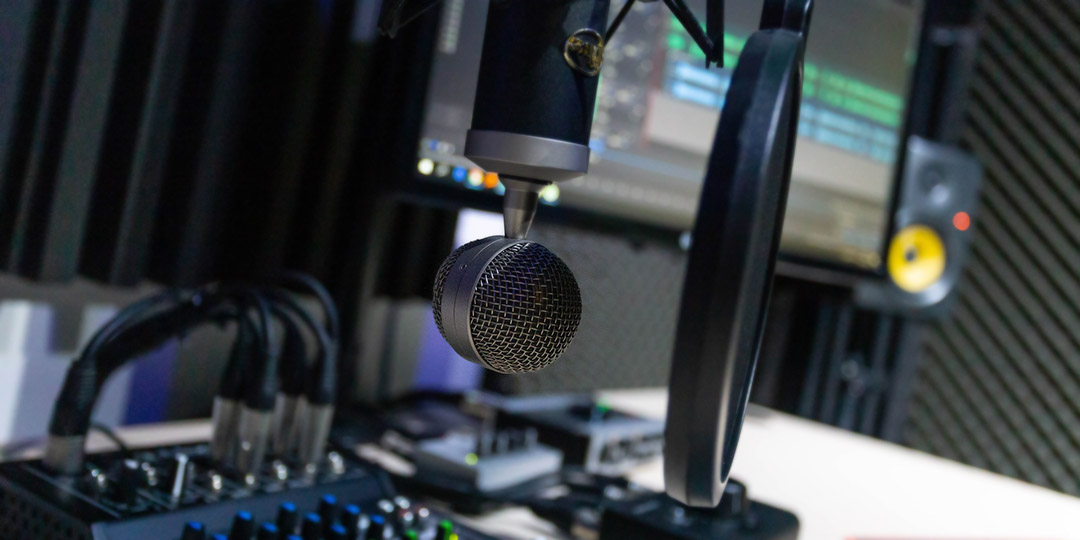In the ever-evolving realm of artificial intelligence, MyShell, a company dedicated to democratizing AI technology, has recently unveiled a groundbreaking innovation – OpenVoice. This open-source voice cloning tool marks a significant leap forward in the field of speech synthesis, offering unparalleled speed and accuracy in replicating human voices.
MyShell’s journey began in March 2023, with the launch of their Telegram chatbot, Samantha. This initial foray into AI was met with enthusiasm, paving the way for the development of ShellLLM, MyShell’s proprietary AI model. On October 20th, 2023, Samantha became the first chatbot powered by ShellLLM, showcasing the company’s commitment to innovation.
Fast forward to today, and MyShell has once again shattered expectations with the release of OpenVoice. This remarkable tool empowers users to create realistic and lifelike voice clones, opening up a vast array of possibilities for creative expression, educational applications, and even healthcare services.
The Essence of OpenVoice
OpenVoice’s core strength lies in its ability to synthesise human speech with unprecedented fidelity. Unlike traditional voice cloning methods that often struggle with nuances and accents, OpenVoice delivers exceptionally natural and convincing results. This remarkable feat is achieved through the utilisation of advanced machine learning techniques and a massive dataset of human speech recordings.
The tool’s speed is equally impressive. OpenVoice can generate realistic voice clones in a matter of seconds, making it an ideal choice for quick and efficient voice manipulation. This rapid processing power enables users to explore a wide range of creative possibilities without sacrificing quality or precision.
Applications of OpenVoice: A World of Possibilities
OpenVoice’s versatility extends far beyond mere voice cloning. Its potential applications span a wide spectrum of industries and creative endeavours. In the realm of education, OpenVoice can be used to create personalised learning tools that adapt to individual needs and learning styles. Medical professionals can utilise the tool to develop immersive simulations for patient education and training.
In the realm of entertainment, OpenVoice opens up doors to a new era of voice-powered experiences. Audiobooks, podcasts, and even video games can be enriched with personalised voices, enhancing user engagement and immersion. Artists and musicians can explore new avenues of creative expression, experimenting with vocal manipulation and soundscapes.
Open-Source Accessibility: Empowering Innovation
MyShell’s decision to release OpenVoice as an open-source tool is a testament to the company’s commitment to democratizing AI technology. By making the tool freely accessible to developers and enthusiasts worldwide, MyShell hopes to foster a vibrant community of innovation and collaboration.
This open-source approach has the potential to unlock a wave of creative applications that would have been unimaginable before. Developers can freely modify and extend OpenVoice’s capabilities, pushing the boundaries of voice cloning technology further than ever before.
A Glimpse into the Future
With the advent of OpenVoice, the future of voice cloning is poised for an unprecedented transformation. This revolutionary tool stands to revolutionise industries, enhance education, and inspire new forms of artistic expression. MyShell’s commitment to open-source development ensures that OpenVoice will continue to evolve, fuelled by the creativity and ingenuity of a global community of developers. As OpenVoice continues to gain traction, we can expect to witness a surge of innovative applications that redefine how we interact with technology and each other. OpenVoice marks a significant milestone in the journey towards a future where AI seamlessly integrates into our lives, empowering individuals and shaping the world around us.

